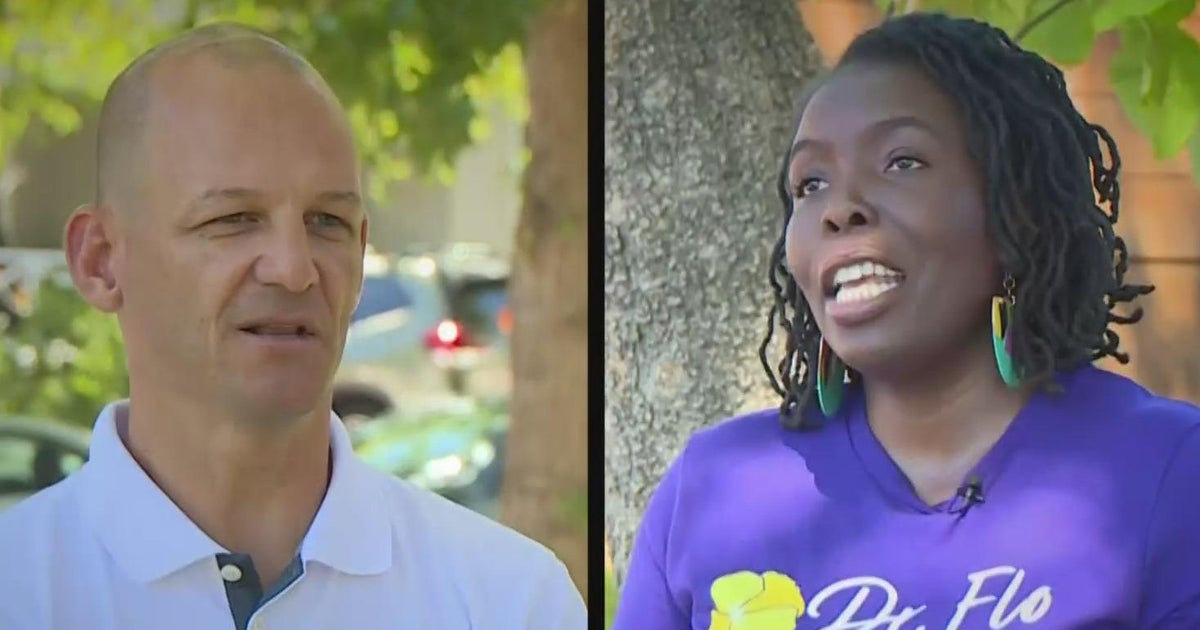Questions Loom For Zuckerberg In 1st Post-IPO Chat
NEW YORK (AP) — One question will surely be hanging over the head of Facebook CEO Mark Zuckerberg on Tuesday when he gives his first interview since the company's rocky initial public offering in May.
Facebook's stock has lost half its value since the IPO. That's painful for investors and employees, many of whom would probably like to ask Zuckerberg: What are you going to do about it?
Zuckerberg will appear in a "fireside chat" at the San Francisco Disrupt conference organized by technology blog TechCrunch. Zuckerberg is scheduled to appear from 5 p.m. to 5:25 p.m. Eastern time. He'll be talking to Michael Arrington, the fiery founder of TechCrunch. Arrington, who no longer works at TechCrunch, is not known for mincing his words. He once called Arianna Huffington, who became his boss after AOL bought his blog, "a very touchy psychopath."
Zuckerberg likes to bring up Facebook's core mission — making the world more "open and connected" — when he talks about the company. That's a start. But he'll have to do more than rehash sound-bites to impress investors. They are curious about how that mission makes Facebook a lasting business and how the company, created in 2004 with desktop computers and the World Wide Web in mind, will become a true mobile-first pioneer.
Among the other big questions looming over Zuckerberg and Facebook:
—How will the company attract and keep its most talented employees with its stock price falling?
—Does Zuckerberg have what it takes to be the CEO of a public company?
—Since Facebook won't be able to buy every new Instagram that comes along, how will it stay ahead of younger competitors?
In his letter to shareholders ahead of Facebook's IPO, Zuckerberg stressed that "Facebook was not originally created to be a company." Of course, it is one now, and Zuckerberg recognizes that.
Going forward, "Facebook must find the right balance of information sharing that will enable it to deliver favorable ad targeting, but not antagonize users or legislators who desire greater levels of privacy," said Morgan Stanley analyst Scot Devitt in a recent note to investors.
Zuckerberg's role will be to guide Facebook as it attempts to strike a balance between making money and remaining a lasting Internet utility for nearly a billion people and counting.
Arrington likes to ask CEOs to define their company. In May 2010, he asked then-Yahoo CEO Carol Bartz, "What is Yahoo?" Bartz, it turns out, could not give a satisfactory answer. She was fired from Yahoo a year later for failing to revive the ailing company.
Zuckerberg is in no danger of being fired. After all, he controls more than half of the voting stock in Facebook and has a loyal employee base at the company. But there have been calls on Wall Street to replace him with someone more experienced, including Chief Operating Officer Sheryl Sandberg.
Zuckerberg, 28, spoke during Facebook's first earnings conference call as a public company, but has been largely out of the spotlight since. In a recent regulatory filing, Facebook said Zuckerberg does not plan to sell any shares in the company for at least the next 12 months. That proved to be a point of relief for investors who are worried about post-IPO "lock-up" expirations that allow early investors and insiders to sell their shares. It's a sign that Zuckerberg has faith in Facebook's long-term future. The question now is, whether that's enough?
Facebook began trading publicly in mid-May following one of the most anticipated stock offerings in history. The IPO priced at $38, at the top of a projected range that Facebook had already boosted just days earlier. The stock had fallen sharply in the weeks following the IPO. On Tuesday, ahead of Zuckerberg's appearance, the stock climbed 57 cents, or 3 percent, to $19.38 —just a tad over half the IPO price.



